HOW IS IT IMPLEMENTED?
Here are five video tutorials that explain the basis of StoryTIC and the main strategies used. In addition, the tutorials contain small practical exercises.
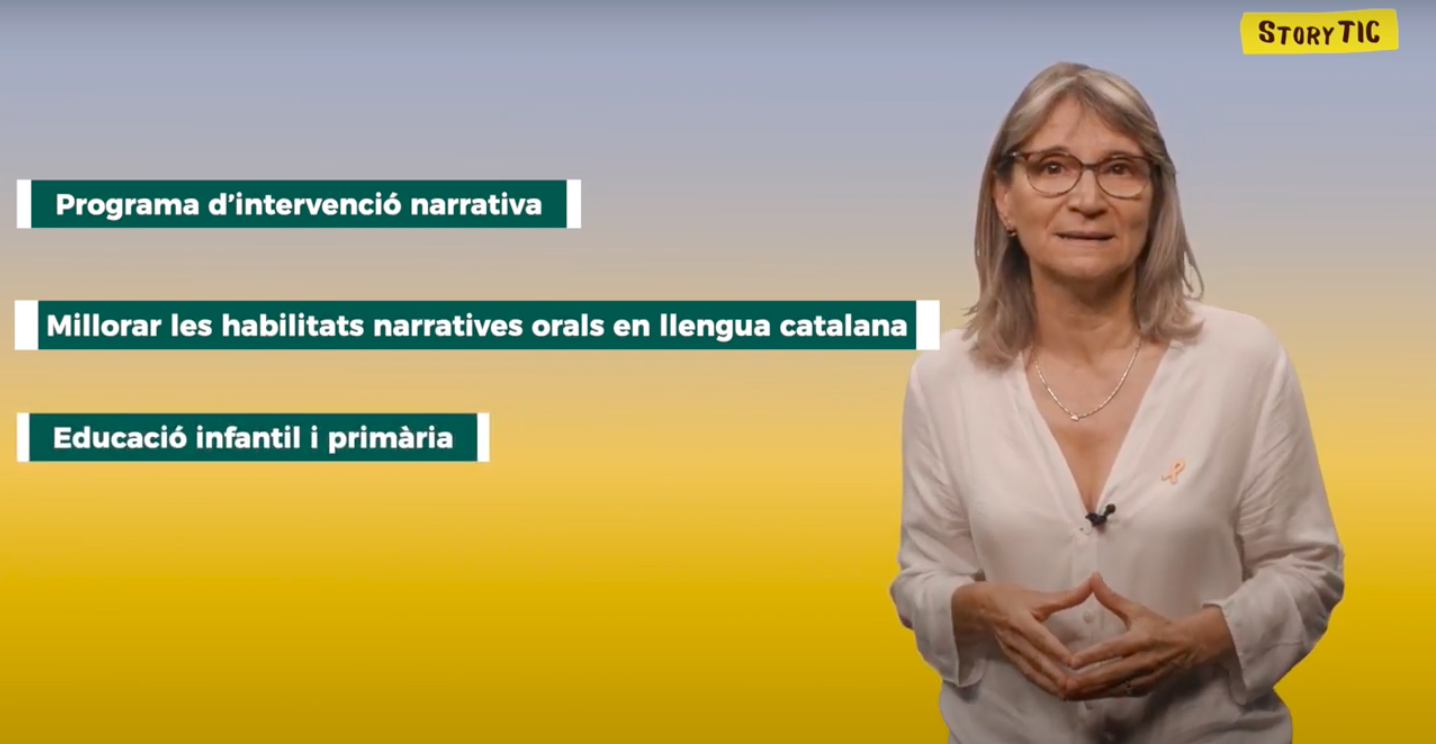
________________________
![]() Watch video
Watch video

________________________![]() Watch video
Watch video
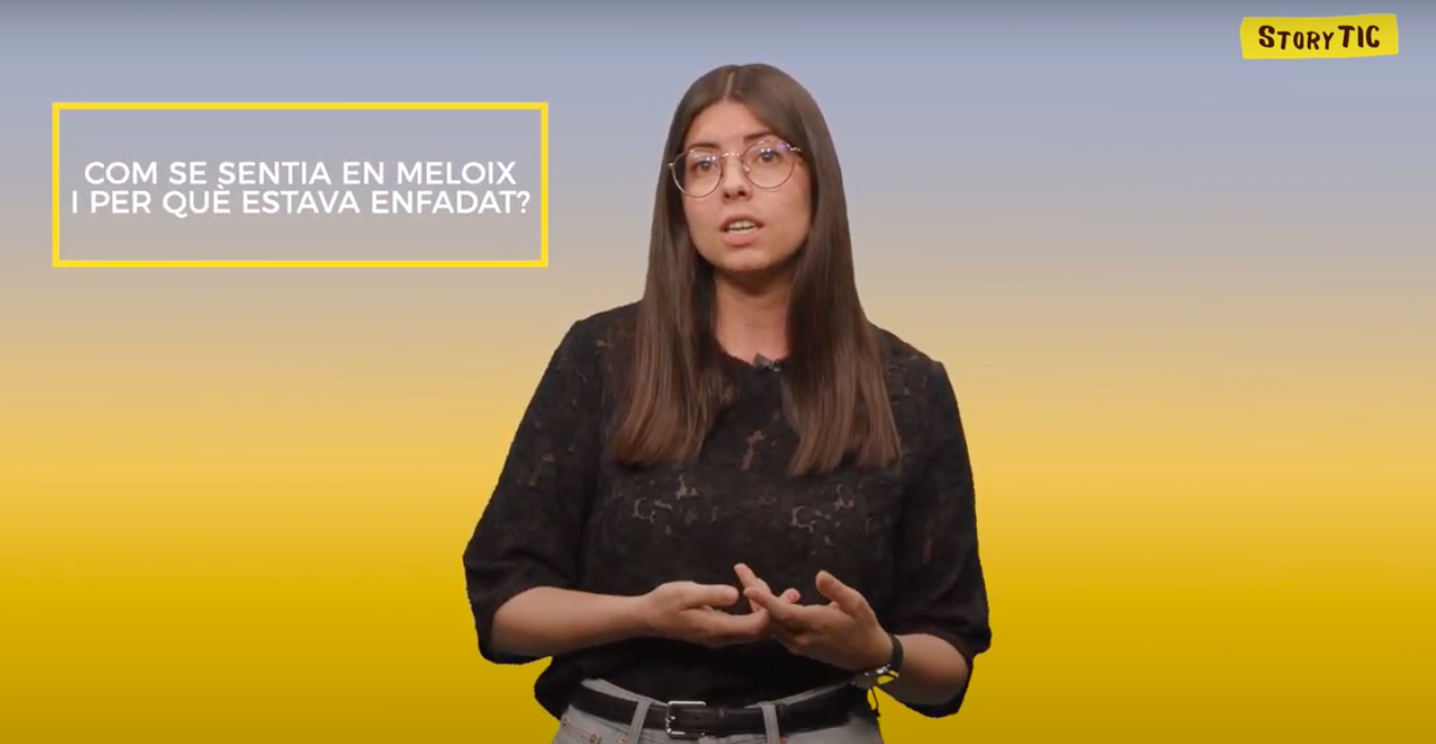
________________________
![]() Watch video
Watch video
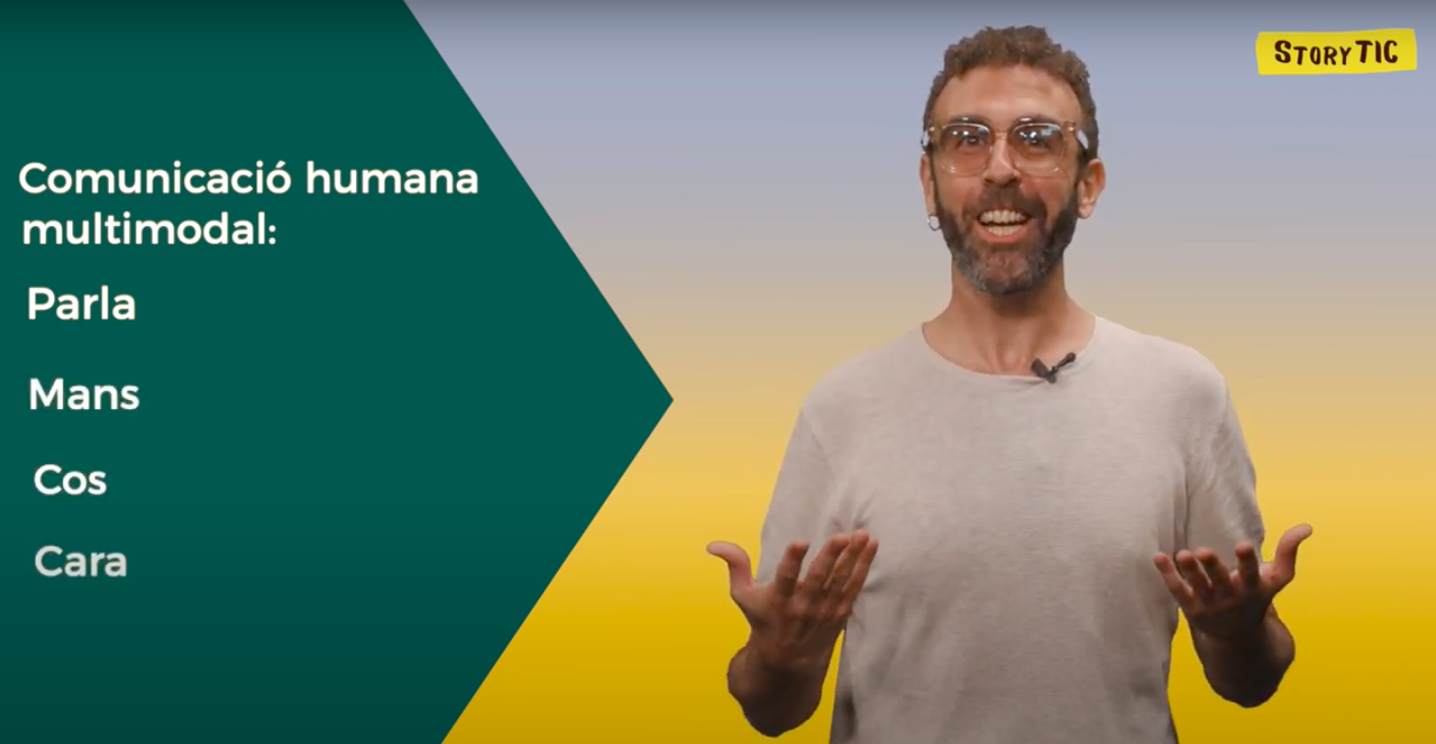
________________________
![]() Watch video
Watch video
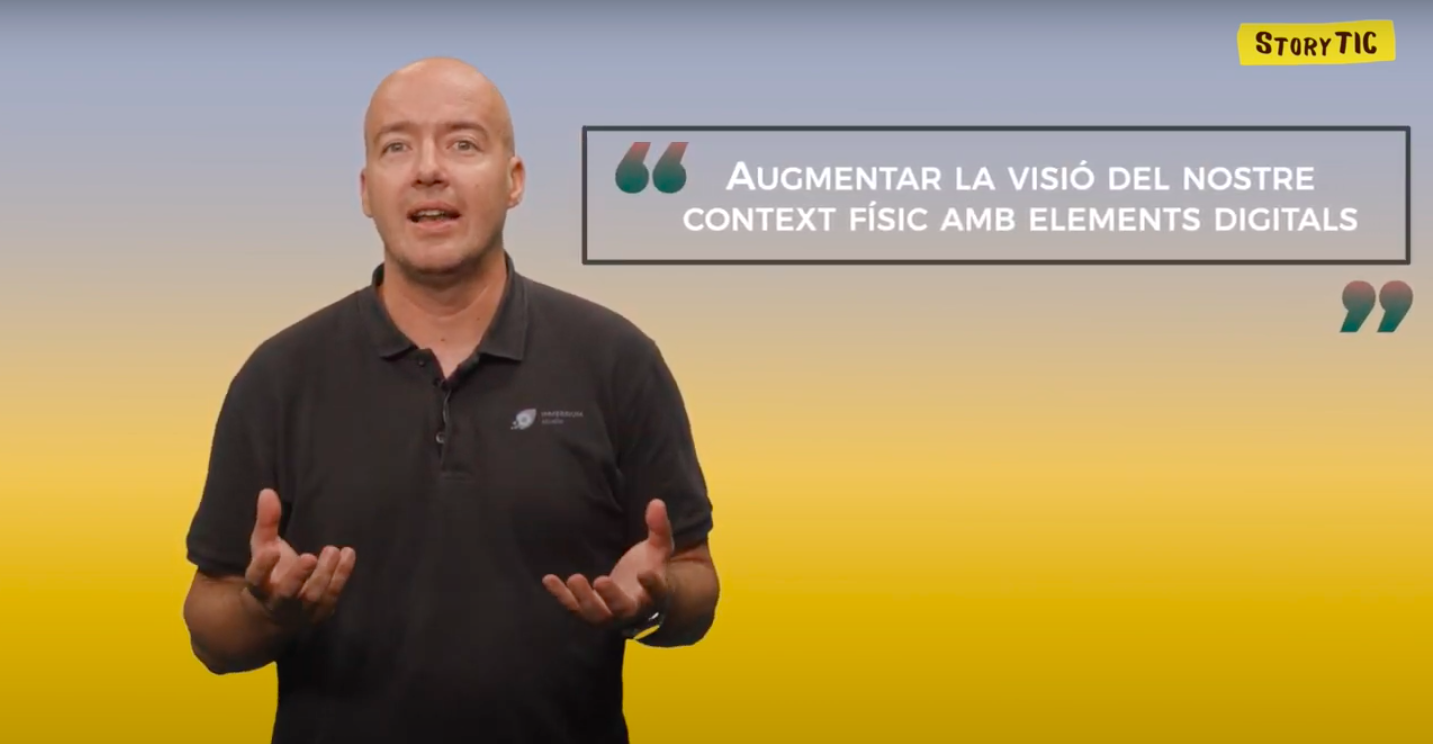
________________________
![]() Watch video
Watch video

StoryTIC in the classroom

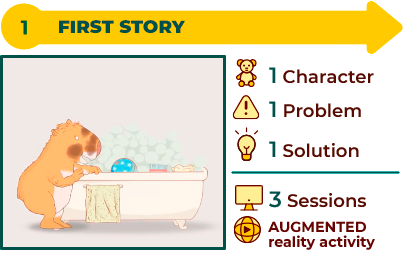

SESSION 1

SESSION 2
Retelling the story as we act it out.

SESSION 3
PERSONAL STORIES
We tell our personal stories related to Meloix's story.
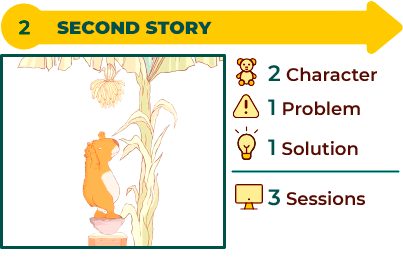

SESSION 4

SESSION 5
Retelling the story as we act it out.

SESSION 6
PERSONAL STORIES
We tell our personal stories related to Meloix's story.
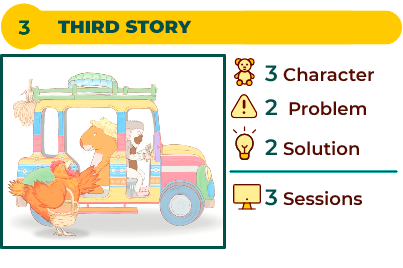

SESSION 7

SESSION 8
Retelling the story as we act it out.

SESSION 9
PERSONAL STORIES
We tell our personal stories related to Meloix's story.

Individualized StoryTIC



SESSION 1

SESSION 2

SESSION 3
PERSONAL STORIES
We tell our personal stories related to Meloix's story.


SESSION 4

SESSION 5

SESSION 6
PERSONAL STORIES
We tell our personal stories related to Meloix's story.


SESSION 7

SESSION 8

SESSION 9
PERSONAL STORIES
We tell our personal stories related to Meloix's story.
Learning assessment
You will find the activities to monitor the children's learning at the end of each session, both in digital and downloadable format.
You will find three different measures to assess children's skills:
The first activity assesses children's ability to correctly order a sequence of images that represent the story that has been trained during the session.
The second activity assesses the children's ability to retell the story.
The third activity consists of formulating questions about the different narrative elements that have been worked on during the session.
StoryTIC: what does it consist of?
In this video tutorial, you will find the basics of the intervention, together with the pedagogical sequences to be implemented in both universal and intensive supports.
Audiovisual supports: how to use them?
Visual and audiovisual supports encourage and facilitate the development of children's language, as they help visualize the story and understand it better.
Verbal support: how does it help structure the narrative discourse?
Using structured and simple language and encouraging interaction are effective strategies for fostering oral language.
Multimodality: how do we enhance oral discourse with the body?
Human communication is multimodal in nature as we not only communicate verbally but also use our hands, body and face to communicate. StoryTIC systematically integrates multimodality in narrative discourse to enhance the learning of oral communication and oral discourse.
Augmented reality: how do we include it in the narrative discourse?
Augmented reality is a tool that integrates virtual elements into the real world so that children can interact in an immersive way with the protagonist of the stories.
![]() With this license the authors indicate that the work must be properly acknowledged and a link to the license must be provided, that this material may not be used for any commercial purpose and that no modifications of the materials are permitted, so that if carry out any transformation of the materials is made, the modified material may not be disseminated.
With this license the authors indicate that the work must be properly acknowledged and a link to the license must be provided, that this material may not be used for any commercial purpose and that no modifications of the materials are permitted, so that if carry out any transformation of the materials is made, the modified material may not be disseminated.








